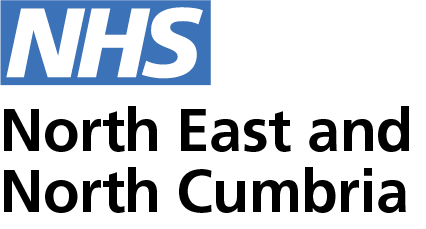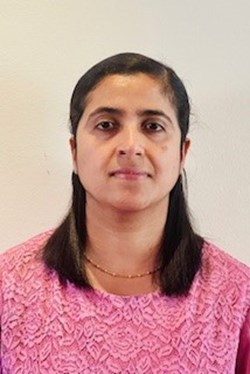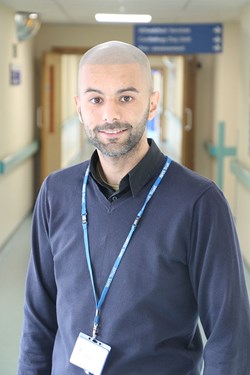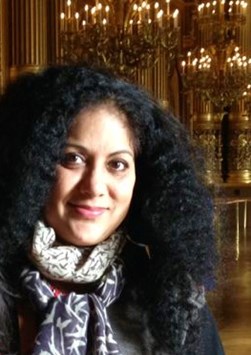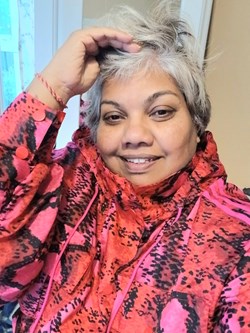
Tell us about yourself and your career aspirations growing up?
I am a fourth generation Indo-Trinidadian woman and lived in London and the North East for most of my adult life. Growing up in Trinidad meant I was surrounded by a fusion of diasporic communities and their cultures, traditions, customs, and religions. Heritage was part of everyday sights, sounds, smells, and touch. I was very inspired by my teachers at school, history, the arts, literature, books and reading. I had a broad educational background, a mixture of a British and Caribbean education system so I was exposed to everything from Shakespeare to Selvon, Achebe to Joyce. All in all, I was drawn to the arts and aspired towards this.
What was your career route to the role you have today?
My career journey spans from nursing to the arts, with a strong focus on community engagement, equality, and inclusion. Initially working in the NHS after earning a Diploma in General Nursing, I transitioned into the arts by completing a BA in Modern Art History and an MA in Museum Studies. I have worked in contemporary art galleries and museums, focusing on intercultural policy and community engagement programs in Tyneside and the North East. Currently, I am pursuing a PhD at Northumbria University, researching diasporic heritage-making practices among Indo-Trinidadians. I have developed archives for Black and Global Majority communities, represented on decolonising networks, and served as Vice Chair of Sangini, a charity using arts to empower marginalized women. My involvement in international heritage and diasporic networks underscores my commitment to cultural equity, justice, and community well-being through creative practices.
My research investigates Critical Heritage, Postcolonial and Decolonial frameworks and displaced religious heritage-making practices across Indo-Trinidadian diasporic communities in Trinidad and Canada. I am also involved in project management and development for a black and minoritised women’s organisation that uses arts and heritage to promote wellbeing though the provision of socio-cultural spaces and platforms for the women in the North East of England and beyond.
Is there a person from your cultural group or background who has inspired you?
Arundhati Roy, novelist, essayist, feminist, and environmental activist. Her essay, The Pandemic is a Portal (5 April 2020) from her book, the Ministry of Unhappiness, is a clear call to gain a better understanding of the politics of care that our global leaders and ourselves, need to exercise in this world – an entirely different world before the pandemic. My other inspiration is my mum, Mrs Shirley Bhagwandeen Boodhai. Her alma mater is The University of Life from which we all aspire to be granted an honorary award. I honour her for her wisdom, unconditional love, and care.
What does this year’s theme is "Free to Be Me" mean to you?
It means being able to thrive and not just survive. In order to do so, we need to recognise our commonalities and respect our differences.
